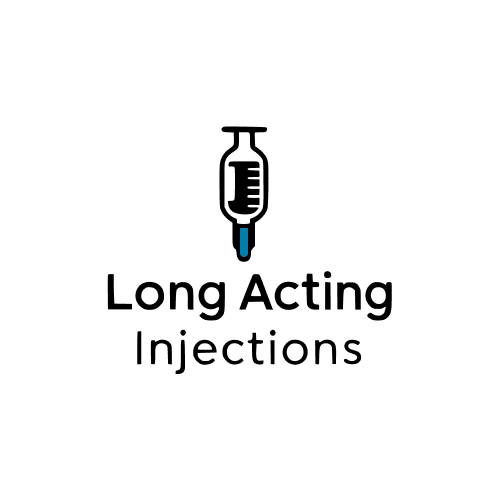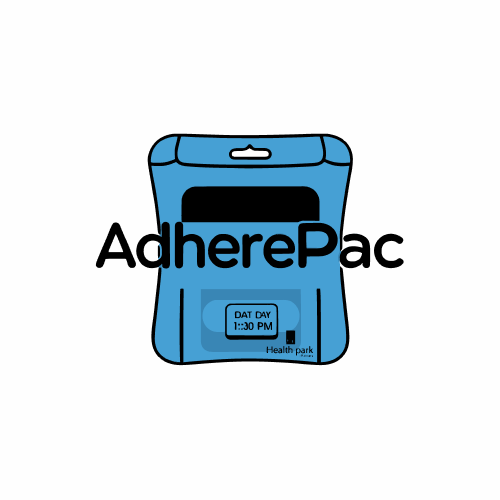Address: 8300 Health Park Suite 227, Raleigh NC 27615 | Phone: (919) 847-7645
Monday - Friday: 9:00am - 5:00pm | Saturday - Sunday: Closed

Uh Oh… Wrong Aisle
Page Not Found
The page you’re looking for isn’t here—it may have been moved, renamed, or never existed. Don’t worry though, you can head back to our homepage and find everything you need from there.



